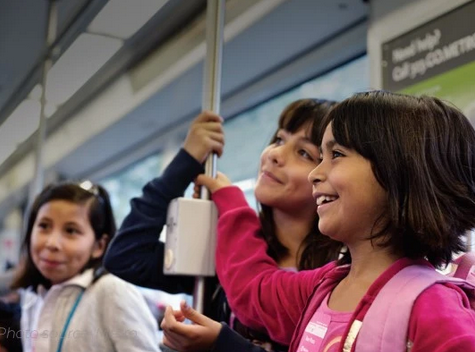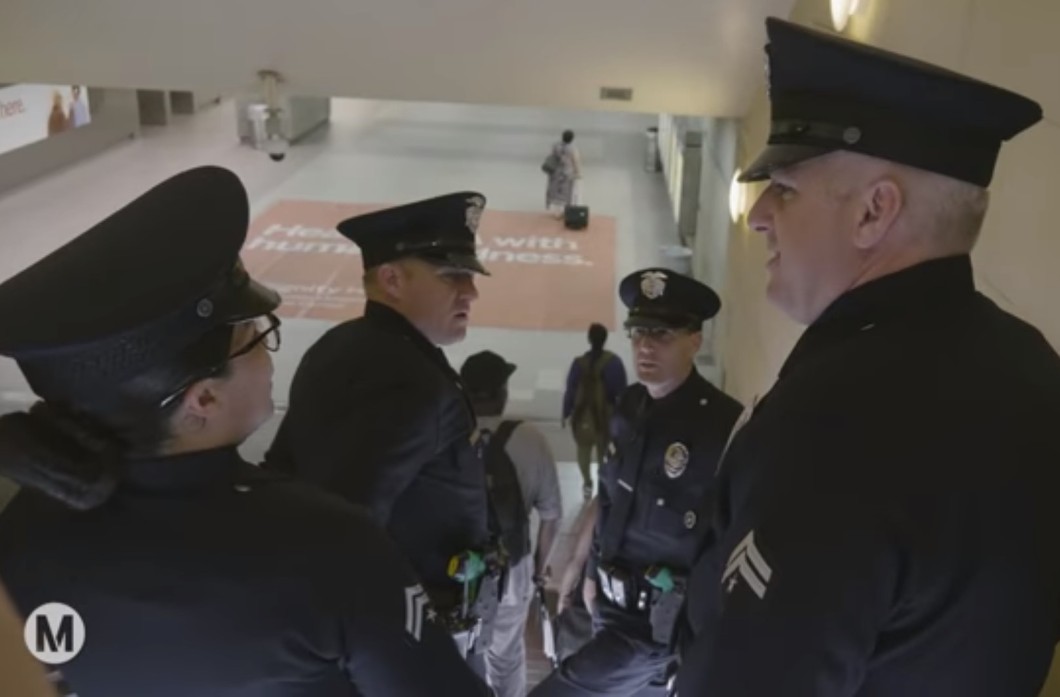Metro is proposing changes to its transit fares to close a loophole that charged full fares for five-year-olds not yet eligible for Metro's student discounts.
Under Metro's current base fares, children four and under ride for free. Children five and over pay full fare, $1.75. Once a five-year-old starts school, they become eligible for student discounts; if they apply for and obtain a student TAP card, they pay $1 per ride.
Metro recently approved a fareless pilot, which will allow students (from participating districts) to ride free. The welcome fareless initiative will provide much-needed relief to youth and low-income families, but it does further highlight the absurdity of the current loophole.
Transit, city-dwelling and/or child-having twitter's recent dragging of the loophole may have finally tipped the scales, however.
every time i see this i laugh, eff them 5 year olds https://t.co/FHo01onM70
— Heather (@hnjohnso) October 14, 2021
I hate 5 year-olds, too. https://t.co/v7Cd9caThA
— Entitled Cyclist🚲 (@EntitledCycling) September 21, 2021
5 year olds getting on the Metro with this https://t.co/32Cn991xmh pic.twitter.com/eOr1GkxU56
— Carlos Omar (he/him) (@carlosbromar) October 14, 2021
this is still so darkly funny to me. that's right 5-year-olds of Los Angeles!! get a job pic.twitter.com/Dflj8hxzX4
— aufheben affleck🌹🇵🇸 (@uhshanti) October 13, 2021
Metro is now proposing a permanent fare policy change to permit all children age five and under to ride free.
The Metro staff report reiterates some points that SBLA raised in 2018:
In ongoing outreach for FSI [Fareless System Initiative], it became clear that not all 5-year-olds qualify for kindergarten to participate in FSI. Therefore, this action is recommended to eliminate the gap between 4-year-olds who ride for free and 5-year-olds who have not started school yet.
According to Metro’s current Fare Policy, “Two children under age 5 may travel free with each fare-paying adult on bus or rail.” Under the newly implemented FSI Phase 1, children at participating school districts may obtain a TAP card from their school to travel without paying fares on Metro and participating local and regional transit operators. However, the State of California limits Kindergarten enrollment to children who turn 5 on or before August 31st. Consequently, some 5-year-olds do not qualify to enter kindergarten and cannot travel for free under either program.
Based on public feedback from the outreach process, staff recommends raising the maximum age for free rides on Metro from “under age 5” to “under age 6”.
Due to past discriminatory practices at U.S. transit agencies (including Metro and its predecessors), when increasing or decreasing fares, Metro is required to do an analysis of how proposed changes would impact riders of color and low-income riders. Metro's Fare Equity Analysis notes that, according to pre-COVID customer surveys, 88.7 percent of Metro riders are people of color (Latino/a, African American, Asian/Pacific Islander, Native American, and Other) and this increases to 96 percent of Metro's K-12 student riders. Similarly, low-income riders comprise 80 percent of overall transit ridership, and 86 percent of student riders are from low-income households. Metro concludes that the current proposal would "prove beneficial and would not negatively impact minority or low-income riders."
In addition to permanently closing the loophole for five-year-olds, Metro is also proposing to remove the current limit that only two young children can ride free with each fare-paying adult. Noting Metro's research showing that "women, in particular, often travel with multiple children, who could be under the age of 6" the revised fare language would simply read: “Children under age 6 may travel free with a fare-paying adult on bus or rail.”






